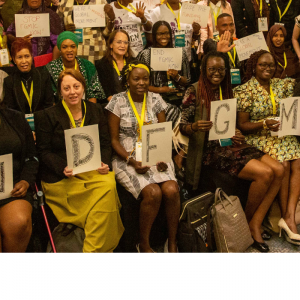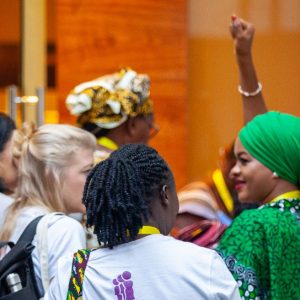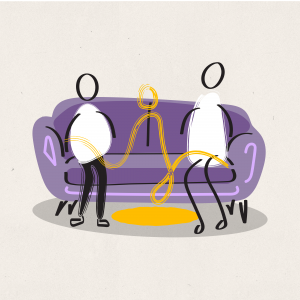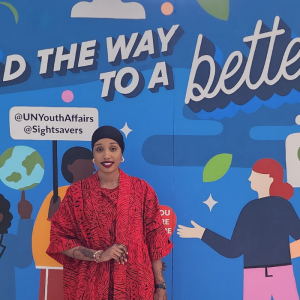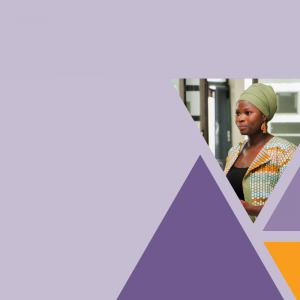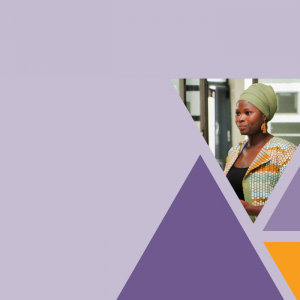On the 24th to 26th August, world leaders will gather in Biarritz for this year’s G7 Summit, which has been organised broadly around the theme of ‘Equality’ under France’s G7 presidency.
Led by Nobel Laureates Nadia Murad and Denis Mukwege, the G7 Gender Equality Advisory Council is a body inaugurated by President Trudeau under Canada’s 2018 G7 presidency and counts 35 members. This includes representatives of French and international NGOs, private companies, journalists, artists and government representatives. In advance of the Biarritz Summit, the Advisory Council have released their Recommendations for advancing Gender Equality and the empowerment of girls and women and a Call to Action, based on their identification of 79 good practices in gender equality laws.
The Gender Equality Advisory Council is to be commended for prioritising the issue of female genital cutting (FGC) as violence against women and girls, and a practice that contravenes human rights. The council have identified Kenya’s 2011 law Prohibition of Female Genital Mutilation Act No. 32 as an aspirational baseline from which countries should draw legislative inspiration. Kenya’s law banning FGC is comprehensive, providing a robust and precise definition of what constitutes FGC, applies extra-judicially to target cross-border practices that aim to prevent girls from being taken across borders to be cut, and provides for criminal penalties for both direct and indirect participation in the practice.
Ensuring that robust legislation and policy is in place to prohibit FGC is a vital element in creating an enabling environment through setting legal norms within a society. However, it is widely recognised that FGC is a social norm, held in place by a whole community’s expectations, social sanctions and inclusion at the community level. Unless effective, robust legislation and policy is fully implemented with adequate funding and political will, and fully complemented by holistic initiatives at community level that involve all sectors and members of society, it is unlikely that communities will have the support needed to abandon the practice.
We need effective implementation of FGC laws that recognise and understand that ending the practice requires addressing the root causes of gender inequality at the community level, unequal power relations and negative social norms.
Orchid Project are aware of cases in Kenya that suggest that the law is being used to criminally penalise women and girls who’ve undergone FGC as direct participants in the practice, for failing to report their own experience. Such an approach to survivors belies a lack of understanding of the pressures and social sanctions placed upon women and girls to adhere to the practice. It also suggests a lack of engagement with practising communities in open, non-judgemental dialogue about FGC and its impacts on the entire community. Without fully engaging practising communities alongside effective and robust laws and policies, we run the risk of driving the practice underground and increasing medicalisation of cutting. It also makes non-judgemental open dialogue to challenge FGC much more difficult within communities.
G7 world leaders have an opportunity to make a substantial difference to the lives of the estimated 68 million girls who are at risk of FGC between 2015 and 2030 alone. World leaders also have a responsibility to provide support for survivors including security and protection, better research, and resourcing to provide vital health and wellbeing services. We need effective implementation of FGC laws that recognise and understand that ending the practice requires addressing the root causes of gender inequality at the community level, unequal power relations and negative social norms. But most of all, we need concrete political and financial commitments towards mobilising and empowering grassroots and community-based social norms approaches to end FGC.
Featured image credit: via Unsplash.

